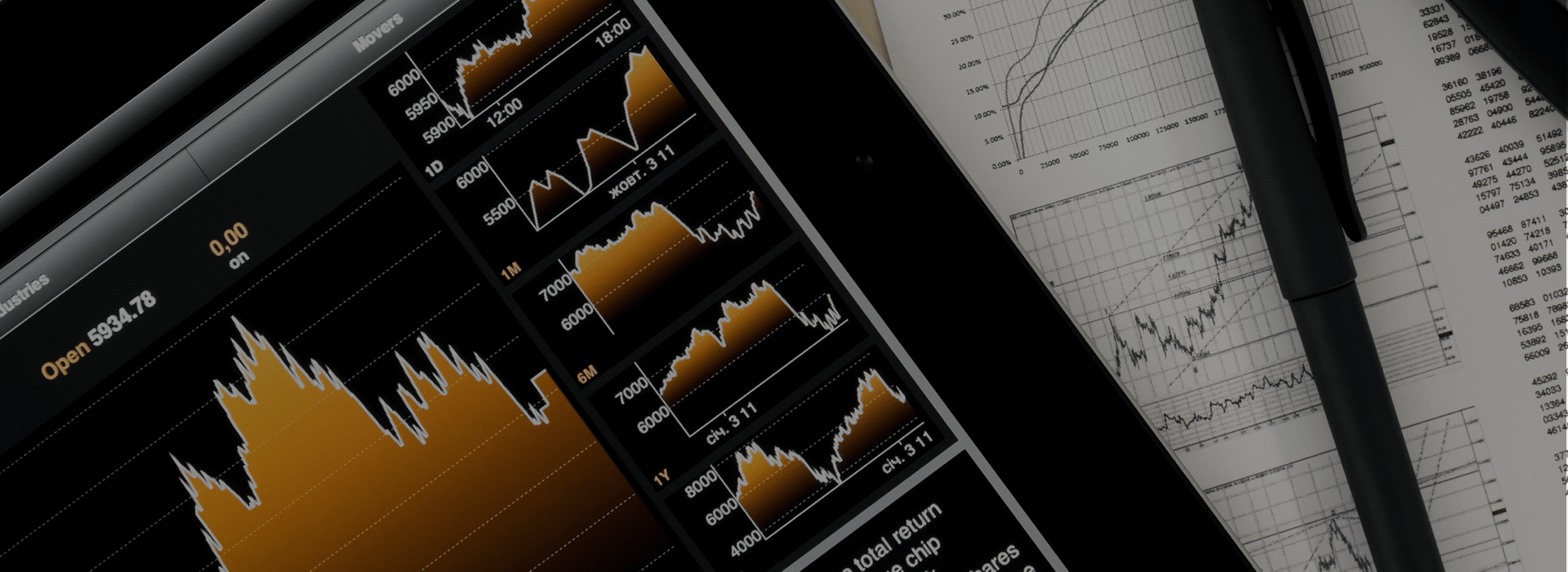The Retail Market is composed of many different specialized markets we call trading floors. Within these trading floors the types of goods are defined. For each category of goods, we establish the trading activities (the goods). Within this market, the awarding entities and the private companies can trade many types of standardized goods (fungible) or various types of raw materials.

The Retail Market
THE TRADING FLOORS OF THE RETAIL MARKET
- NATURAL GAS TRADING FLOOR : Within this trading floor we run auctions for supply contracts for natural gas (methane) initiated by the final consumers (eligible).
- POWER TRADING FLOOR: Within this trading floor we run auctions for supply contracts for electric power initiated by the final consumers (eligible).
- PETROLEUM PRODUCTS TRADING FLOOR : Within this trading floor we run auctions for supply contracts with various fuels like gasolines, diesel, oil fuels, heating fuels and other liquid fuels derived therefrom.
- BUILDING MATERIALS TRADING FLOOR: Within this trading floor we run auctions for supply contracts with any material which is used for construction purposes. Here you can trade concrete, asphaltic plug-joints, bitumen and bituminous emulsions, different aggregates like sands, gravels, chippings or sieve oversizes, cement, bricks & other materials for various building sites.
- GENERAL TRADING FLOOR FOR FUNGIBLE GOODS: Within this trading floor we run auctions for supply contracts for all commodities whose frequency of trading does not justify their inclusion in a specific trading floor like the others. Here you can trade food products, chemicals for different industries, solid fuels for heating like wood pellets & briquettes, tires and other fungible goods.
- CO₂ CERTIFICATES TRADING FLOOR: Here you can trade contracts through; sell, buy or swap of EUA, CER & VER Certificates.
- CEREALS TRADING FLOOR: Within this market you can trade contracts for cereals (wheat, corn, rye, rape, etc.), various seeds and other agricultural products. Within this floor you can also trade the certificates for the deposit of seeds.
- VEGGIES & FRUITS TRADING FLOOR: Within this trading floor we run auctions for contracts with various fruits and veggies, fresh or canned.
The main advantages resulting from accessing of the Retail Market
- The attractive prices – obtained by direct confrontation of supply with demand. The use of the price negotiation mechanism in the call of tenders or in the online auctions gives the possibility to further improve the prices of the bidders compared to the initial financial offers. In the situation that the prices obtained do not fall within the proposed levels, it’s possible to negotiate their reduction with the first-placed bidder in the same meeting, without the need to repeat the entire procedure;
- Short deadlines for proceeding – your trading demand will be scheduled within max. 7 days from its publication;
- The RCE Quotes – it gives you the advantage of a reference system, relating directly to the market prices in all transactions made through the RCE;
- The RCE Guarantee System – the execution of your contract in the best conditions, based on this system, as well as following the careful selection of bidders before being admitted to trading sessions;
- The large number of existing bidders, due to the large quantities traded at the entire market level;
- Saving of time and extra effort related to your trading procedures for selling or buying of your needed goods;
- Eliminating bureaucracy of the traditional public procurement procedures by standardizing the goods and reducing the number of requested and submitted papers